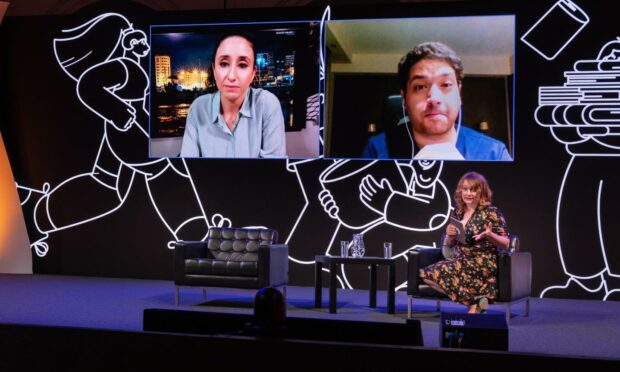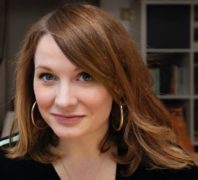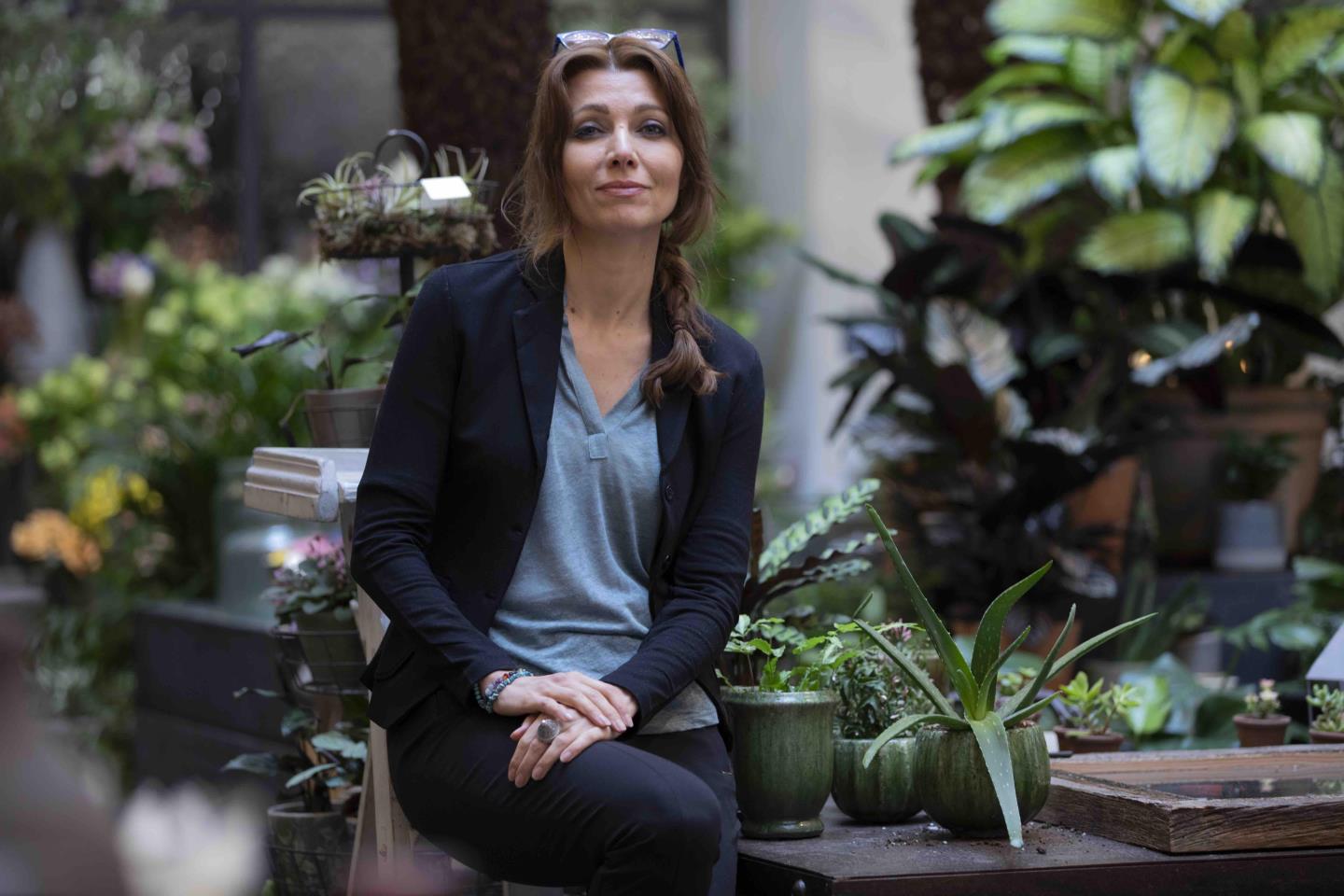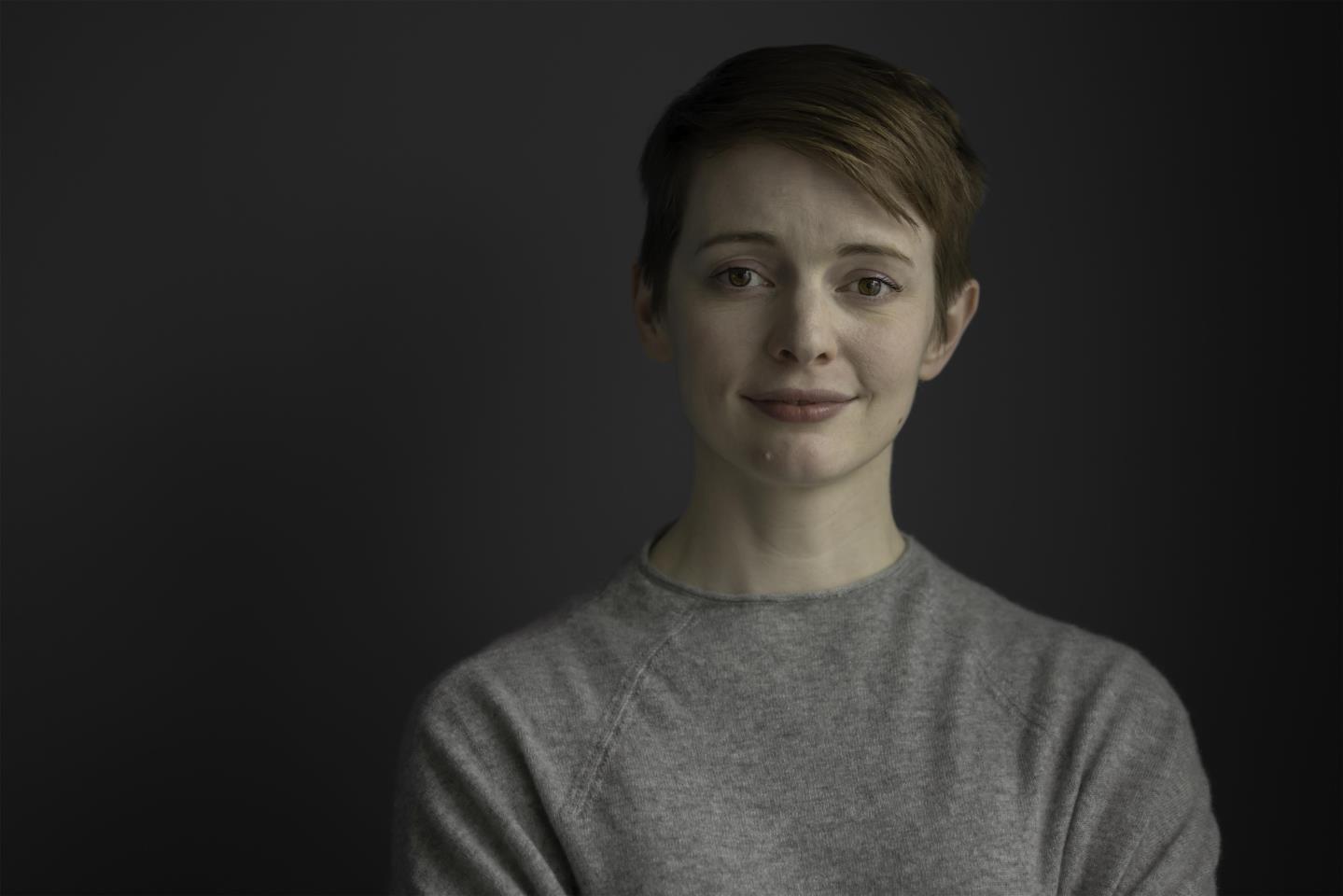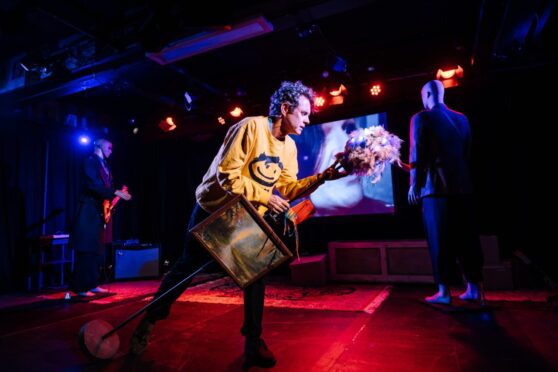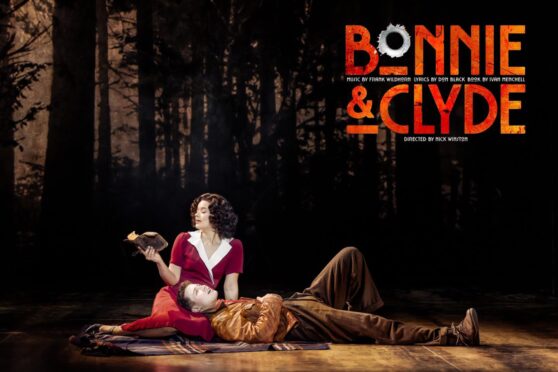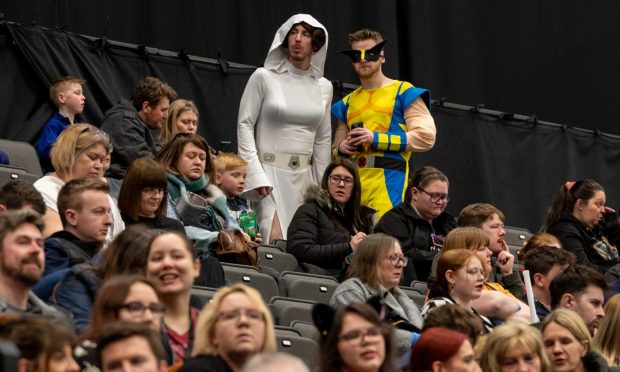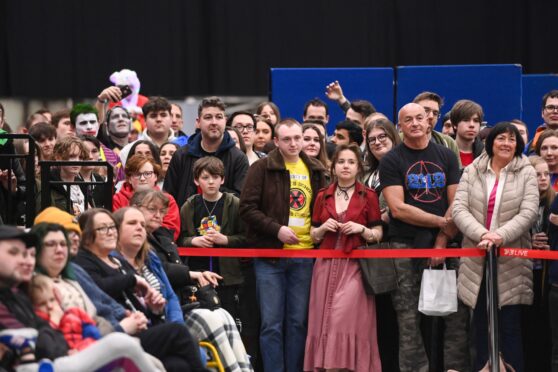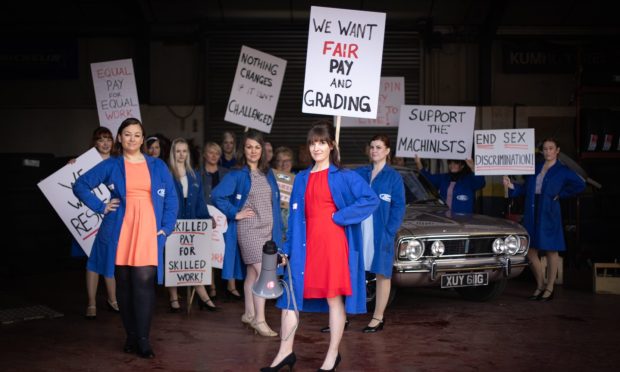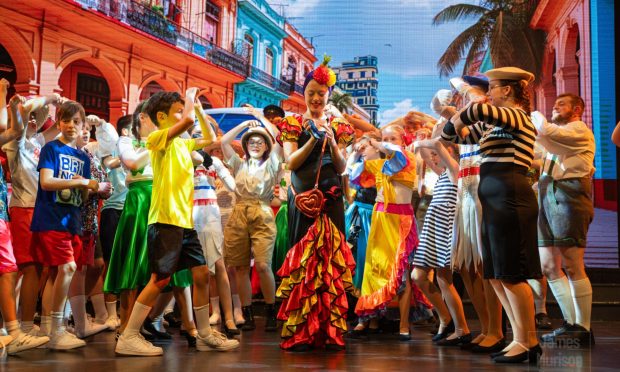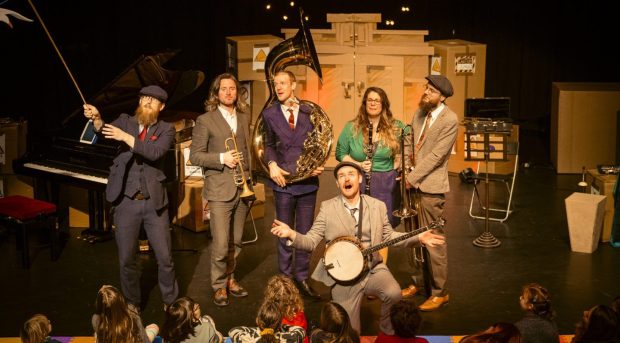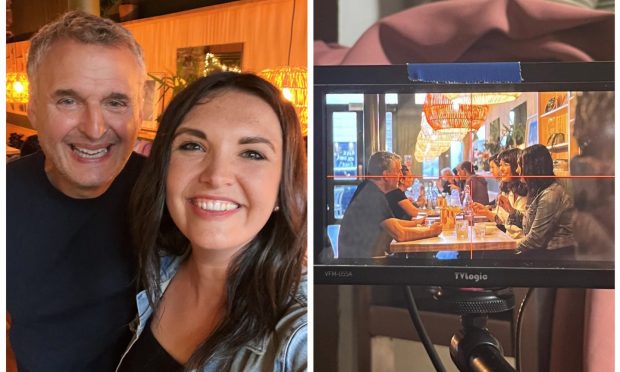“End times. We’re in end times, aren’t we?” my partner said the other evening, as we sat numbly, processing the news.
One or the other of us has said this at some point before, in the last couple of years. More than once.
We wonder how we (humanity) keep going on, why we ourselves have brought children into this world, what sort of future they’ll have. We peek so far into the abyss then we draw back, distract ourselves with an episode of a sitcom we’ve seen so often we can quote it word for word. Let our terrified brains chew gum.
On Saturday, I stood in front of a live audience for the first time since February 2020, to host the opening night of the Edinburgh International Book Festival. The audience, technicians and stage managers were masked; I only took mine off right before I went on stage.
Everything felt momentous. When the actor and poet Angus Peter Campbell (also a columnist of this parish) took to the stage to perform a section from his Gaelic translation of Animal Farm, I mentioned to the audience that it was the first time I’d seen anyone performing live in over two years. There was murmured agreement from behind the masks.
Who needs art when bombs are being dropped?
The theme of the evening was “Culture In A Time of Crisis”. It began with a provocation, which several high-profile authors and performers around the world were invited to answer: “Who needs art when bombs are being dropped? Who needs culture when lives are being lost to poverty, disease, climate crisis and war?”
‘We need culture, we need art, we need stories, we need to listen and be heard… when we connect, we realise we do care’
With four live performers, six live Zoom link-ups (to Cairo, London, Accra, Brooklyn, Gaza and St Andrews), and two cameras filming and broadcasting the action on stage live to an audience of thousands online, it was a bit like hosting live television. It’s something they don’t teach you in novelist school, as I mentioned to the crowd, desperately paddling for time when we lost the sound three minutes into the show on our Egyptian link-up.
But what this terrifyingly ambitious format let us do was bring people together, and remember how important that was. As the Booker-nominated author Elif Shafak, bumped up the schedule after our tech failure, told the room via Zoom: “At a moment like this… we need to hear each other’s voices so that we know we are not alone.”
“Wisdom,” she continued, “requires bringing the heart and the head together. And for that we need stories. We need culture, we need art, we need stories, we need to listen and be heard… when we connect, we realise we do care.”
Mere survival is insufficient
Emily St John Mandel, beaming in from Delta variant-riven Brooklyn, delivered a thesis on the premise of her 2014 bestselling novel, Station Eleven: “Survival is insufficient”.
That novel, set mostly in a post-pandemic apocalyptic future, follows a travelling theatre company who move between the settlements the remainders of humanity have set up, bringing them art, because, as Mandel said, simply surviving is not enough – humans, in order to be human, always go further. We tell stories. We sing songs. We reach out and find new, creative ways of communicating with each other.
Mandel spoke about the Secret Library of Damascus, a volunteer-run project set up in the basement of a bomb-damaged building in a suburb of the besieged Syrian capital, its 14,000 books collected from bombing sites at personal risk to the volunteers.
Why, she asked, would people prioritise books, knowledge, stories, when their world was being dismantled around them? Because mere survival is insufficient.
‘We love life whenever we can’
Then, live from Gaza, we heard from the writer Nayrouz Qarmout, born in a refugee camp, who presented a short film she had made, using footage she and her friends had taken of the recent bombardment and its aftermath, behind an astounding piece of writing, some of which I’m going to quote here:
“A poem written by a young man who lost his father, mother and brother links in spirit to the painting by a young girl whose home was demolished by the bombing. She paints her memory of the steam rising from the family teapot, set on the stove. The planes have demolished it all.
“Her neighbour plays a song in memory of the young man’s family… though the sound around him is that of an explosion, he does not hesitate to pick up the guitar; nor does he wait long for the strumming to become a song improvised by a passing woman. The sun emerges from behind the billowing missile smoke.”
It was something else, long forgotten, to be in that room with those people as we experienced that together. I could only see their eyes behind the masks, but that was enough.
“We dance and throw up a minaret or raise palm trees for the violets growing between two martyrs,” concluded Qarmout.
“We love life whenever we can.”
Kirstin Innes is the author of the novels Scabby Queen and Fishnet, and co-author of the forthcoming non-fiction book Brickwork: A Biography of the Arches
